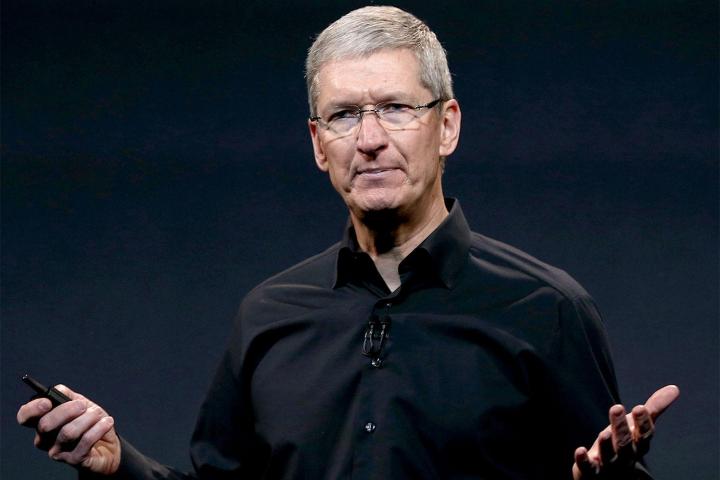
The omission adds credence to what surprisingly few tech CEOs have been saying about the White House’s lack of leadership regarding its position on unbreakable encryption. Apple CEO Tim Cook has always maintained that end-to-end encryption and privacy will always be a priority for his company — and recently he lashed out at the administration, asking them to issue a strong public statement defending a “no backdoors” policy.
At a meeting discussing counterterrorism issues with tech leaders and officials in the Obama administration last week, sources briefed on the meeting told The Intercept that Cook reportedly said the administration should defend the use of unbreakable encryption, and that tech companies should not be required to build a special access portal in devices and operating systems for law enforcement to access user data.
According to The Intercept’s source, whom we are unable to verify, Attorney General Loretta Lynch responded by discussing the necessary “balance” the government has to maintain between privacy and national security.
Representatives from Facebook, Twitter, Google, Microsoft, and other industry leaders were present at the meeting.
End-to-end encryption does not offer a way for the government to snoop on conversations, and it’s a feature companies like Apple are using in services like iMessage. Encrypted devices also pose a problem for law enforcement that want to tap into a device, as it requires the user’s control to unlock.
FBI Director James Comey has long been asking tech giants to provide front door access to encryption technology so the bureau can access messages, files, and other information. And while The Washington Post reported that the White House decided “not to pursue legislation against unbreakable encryption” last fall, a top lawyer in the intelligence community, Robert Litt, was quoted as saying the administration has value in keeping its options open.
Cook’s response is hardly his first regarding privacy and encryption. In a recent interview with The Telegraph, Cook said to protect anyone that uses products, encryption is a must, and that forcing the inclusion of a loophole could have “dire consequences.”
Editors' Recommendations
- Is the iPhone 15 Pro Max camera as good as Apple says? I found out
- Apple may face ‘severe’ iPhone 15 shortage over production issue, report says
- Apple rolls out iOS 16 update to fix frustrating camera-shake, paste bugs
- Apple plans to put more ads on your iPhone, report claims
- iPhone 13 comes out on top in new SellCell value depreciation report


